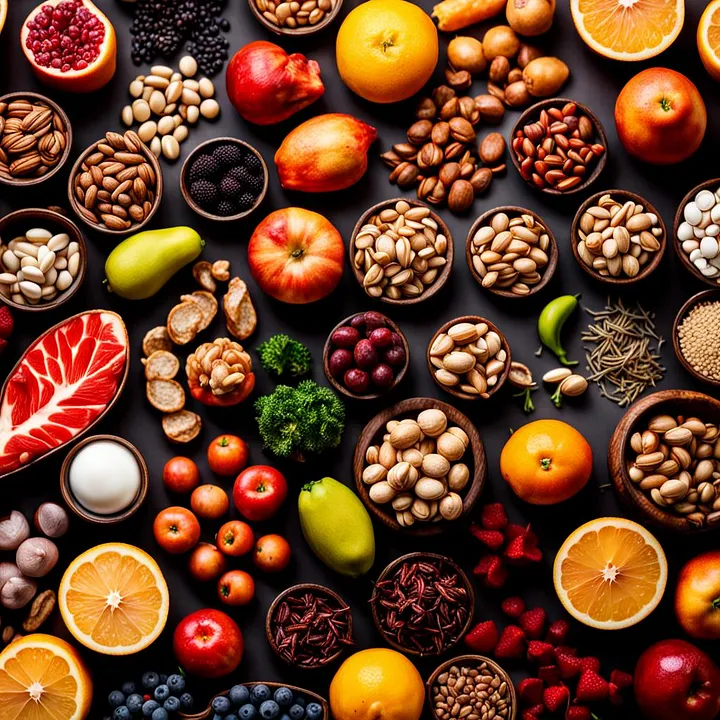Hormones are chemical messengers that regulate many processes in the body. When hormone levels are unbalanced, it can negatively impact your health and well-being. The good news is that certain foods contain nutrients and compounds that may help restore hormone balance naturally. Here are 10 science-backed foods to include in your diet to help regulate hormones:
1. Fatty Fish
Fatty fish like salmon, mackerel, sardines, trout, and herring are excellent sources of omega-3 fatty acids. Research shows omega-3s help balance hormones like leptin, adiponectin, and ghrelin, which regulate appetite, fat-burning, and satiety signals. Aim to eat fatty fish twice a week to keep hormones in check.
2. Avocados
Avocados are filled with healthy monounsaturated fats, antioxidants, and fiber. Add some avocado slices to your sandwiches, salads, or smoothies.
3. Nuts and Seeds
Nuts and seeds have plant protein, fiber, and fatty acids that can help regulate hormones. An ounce of pumpkin seeds has magnesium and zinc. These minerals help balance testosterone and growth hormone levels. Snack on a handful of almonds, walnuts, chia seeds, or hemp seeds daily.
4. Cruciferous Vegetables
Broccoli, cauliflower, cabbage, kale, and Brussels sprouts are cruciferous veggies. They contain indole-3-carbinol, which helps remove extra estrogen. Increased estrogen levels have been linked to hormone imbalance in both men and women. Eat 1–2 servings of cruciferous vegetables daily.
5. Legumes
Lentils, beans, and chickpeas are plant-based sources of fiber, protein, and nutrients. They contain iron, zinc, and magnesium, which are important for hormone regulation. Research finds eating more beans and legumes may help improve estrogen metabolism and balance.
6. Green Tea
Green tea has antioxidants called EGCG, which can balance hormone levels like estrogen and insulin. Drinking 2–3 cups of organic green tea per day may help normalize hormone levels and prevent fluctuations.
7. Pomegranate
Pomegranate and its juice have natural compounds that act like estrogen and can decrease estrogen levels. Animal studies find pomegranate helps protect progesterone levels and regulate estrogen metabolism. Drink a glass of unsweetened pomegranate juice daily.
8. Fermented Foods
Certain foods like kombucha, kimchi, sauerkraut, and kefir contain probiotics. Probiotics are live microorganisms that balance gut bacteria. Having a healthy gut is important for getting rid of extra hormones and their byproducts through poop.
9. Flaxseeds
Flaxseeds are top sources of lignans, unique antioxidant compounds that have structural similarities to estrogen. Research indicates lignans may attach to estrogen receptors and block excess estrogen activity. Add 1–2 tablespoons of ground flaxseed to your yogurt, oats, or smoothies.
10. Citrus Fruits
Oranges, grapefruit, and lemons have lots of vitamin C. Vitamin C helps make progesterone and balance hormones. Low vitamin C intake has been associated with elevated estrogen and depleted progesterone. Squeeze some fresh lemon juice onto your salads or snacks.
Conclusion
Making diet and lifestyle changes is an effective, natural way to help get your hormones in proper balance. To improve your health, add these science-backed foods to your daily routine. Remember to also exercise regularly, manage stress, and get good sleep. With a little consistency, you’ll start feeling balanced and energized.



Post a Comment
0Comments